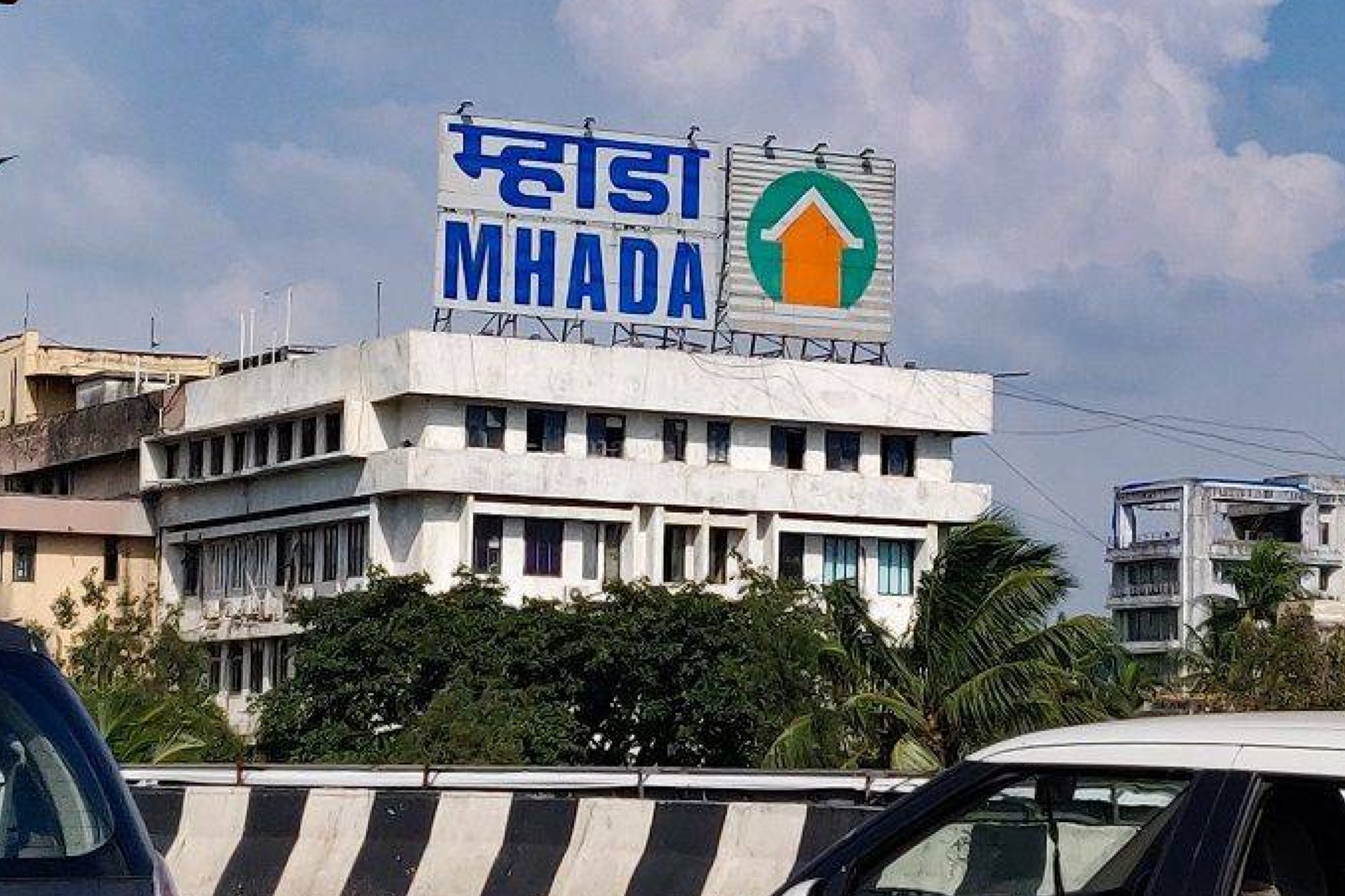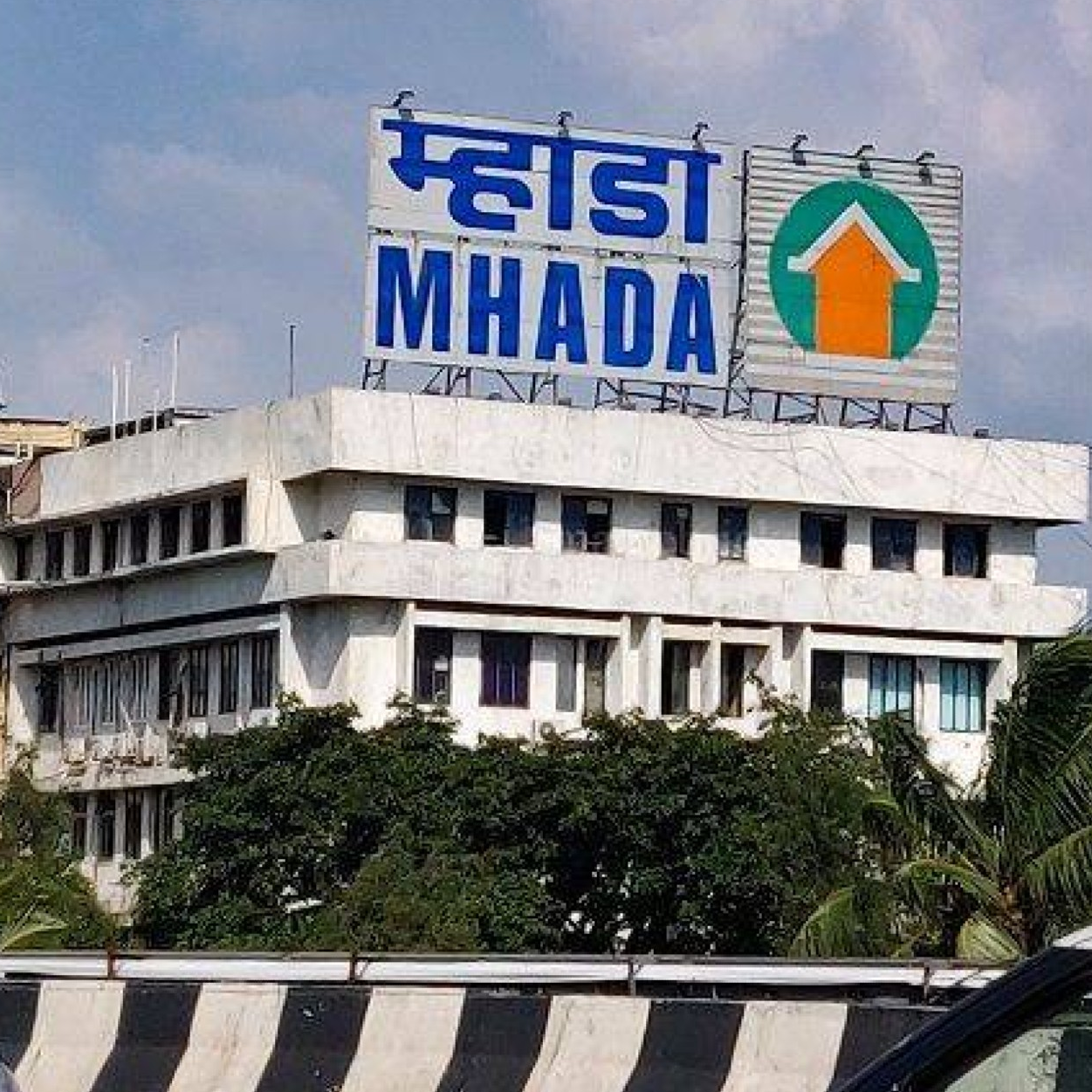
MHADA’s Mega Plan of 7 Lakh Homes: A Landmark Step Toward Affordable Urban Living Around Mumbai
In a major push toward resolving Mumbai’s long-standing housing crisis, the Maharashtra Housing and Area Development Authority (MHADA) with IAS Sanjeev Jaiswal — spearheading transformative housing initiatives — has unveiled an ambitious plan to construct 7 lakh new homes across the Mumbai Metropolitan Region (MMR) in the next five years. This initiative is set to redefine urban housing accessibility, affordability, and infrastructure development across one of India’s most densely populated regions.
The program aims to bridge the persistent gap between housing demand and supply while providing affordable options for lower- and middle-income groups. With Mumbai’s population growing rapidly and real estate prices soaring, the plan offers a practical and inclusive path toward realizing the state’s larger vision of “Housing for All.”
A Vision for Affordable Urban Living
IAS Sanjeev Jaiswal, who has been instrumental in steering MHADA’s modernization and expansion, emphasized that this large-scale housing mission is designed to ensure every Mumbaikar gets access to safe and affordable homes. According to Jaiswal, over 7 lakh new units will be developed within MMR — with nearly 5.5 lakh homes to be constructed within Mumbai city itself.
The project will span multiple schemes, focusing on both new construction and redevelopment, ensuring that citizens benefit from upgraded living spaces without displacement. The goal is not only to build homes but to strengthen the city’s infrastructure, promote equitable growth, and improve overall urban liveability.
Cluster Redevelopment: Reviving Mumbai’s Aging Neighbourhoods
A significant part of MHADA’s expansion strategy focuses on cluster redevelopment projects, targeting some of Mumbai’s most congested and dilapidated localities. Redevelopment is currently underway in Sion’s GTB Colony, Andheri’s SVP Nagar, Goregaon’s Motilal Nagar, and Kamathipura near Mumbai Central.
Under these projects, over 2 lakh homes are expected to be constructed within the next five to seven years, transforming old, unsafe housing clusters into modern residential complexes with better amenities, open spaces, and infrastructure. These projects will not only improve living conditions but also contribute to the city’s skyline through planned, sustainable urban renewal.
Integrating Government Schemes for Maximum Impact
MHADA’s comprehensive approach integrates multiple housing programs to cater to diverse income segments. The plan includes:
• Inclusive Housing Projects, focusing on equitable access for economically weaker sections (EWS) and low-income groups (LIG).
• Redevelopment Initiatives, replacing outdated and unsafe structures with modern housing facilities.
• Prime Minister Grant Project (PMGP) renovations, rejuvenating older MHADA colonies and upgrading civic amenities.
Through these overlapping efforts, MHADA aims to enhance both housing quantity and quality, aligning state-level initiatives with national goals like the Pradhan Mantri Awas Yojana (PMAY).
Addressing Mumbai’s Affordable Housing Challenge
Mumbai has long faced a shortage of affordable housing — a challenge compounded by escalating land costs, rapid urbanization, and demographic pressure. For many working families, owning a home within the metropolitan area remains a distant dream.
MHADA’s latest initiative directly addresses this gap. By developing new projects in suburban areas and redeveloping existing clusters, the housing authority is effectively expanding Mumbai’s affordable residential footprint. This balanced approach — combining redevelopment with greenfield projects — is expected to ease real estate pressure while revitalizing underutilized land parcels.
Track Record of Delivery and Public Trust
MHADA’s recent performance underscores its credibility and execution strength. In the past three years alone, the Konkan Housing and Area Development Board has successfully sold over 13,500 homes through three lotteries. Statewide, MHADA has conducted 18 lotteries, resulting in the sale of approximately 43,000 homes — a clear indicator of its operational efficiency and public trust.
Most recently, on October 11, at Thane’s Kashinath Ghanekar Auditorium, MHADA conducted a transparent lottery draw for 5,354 homes and 77 residential plots across the Konkan region. The event witnessed enthusiastic participation, reaffirming public confidence in MHADA’s transparent and technology-driven allotment system.
Leadership Driving Change
Under IAS Sanjeev Jaiswal’s leadership, MHADA has transitioned from a conventional housing board into a forward-looking, digitally empowered institution. His administration has prioritized speed, transparency, and accountability — digitizing lottery processes, streamlining approvals, and adopting modern construction technologies to accelerate delivery.
Jaiswal’s approach combines strategic planning with citizen engagement, ensuring that MHADA’s housing policies reflect the aspirations of Mumbai’s working population. His focus on affordability, accessibility, and long-term sustainability has positioned MHADA as a key player in reshaping the city’s housing ecosystem.
Toward a Livable and Inclusive Future
As the city continues to evolve, MHADA’s seven-lakh-home blueprint represents more than just a construction target — it embodies the promise of stability, dignity, and opportunity for thousands of families. The integration of redevelopment, affordable housing, and inclusive planning reflects Maharashtra’s commitment to creating a livable future for all its citizens.
By combining visionary leadership, transparent governance, and data-driven planning, MHADA is charting a new chapter in Mumbai’s urban development story. This initiative is not merely about building homes; it’s about building hope — a foundation for a more inclusive, equitable, and prosperous Mumbai.



